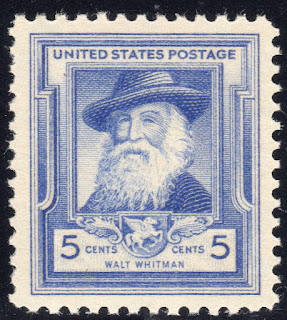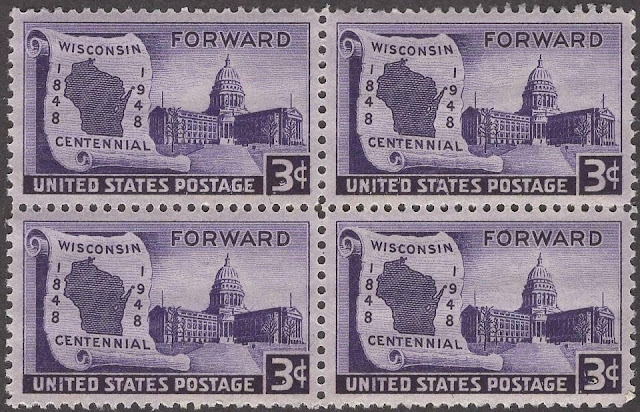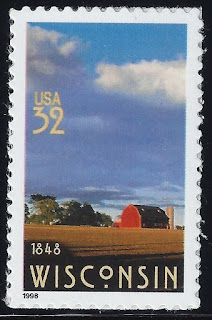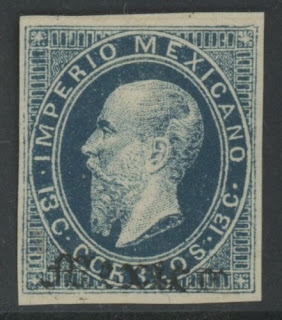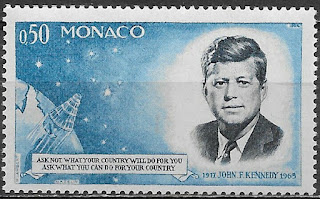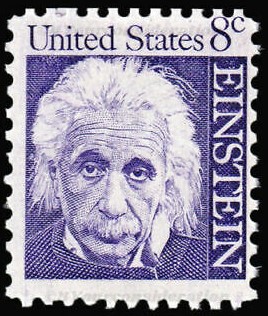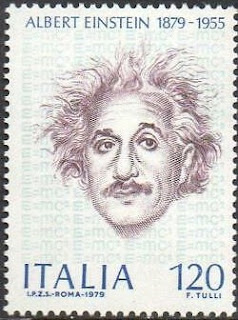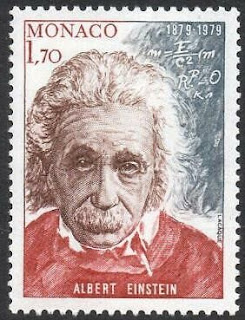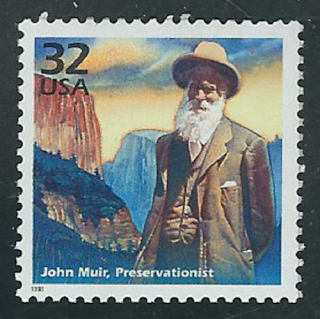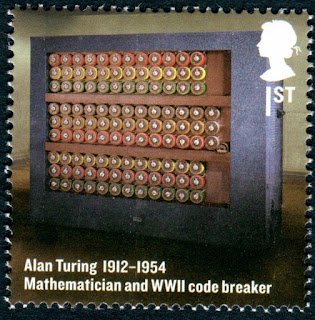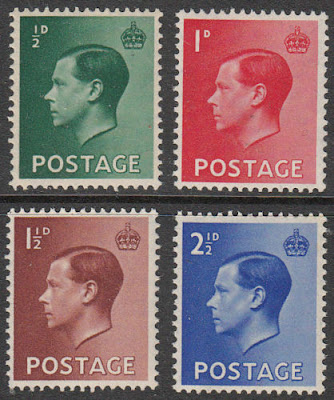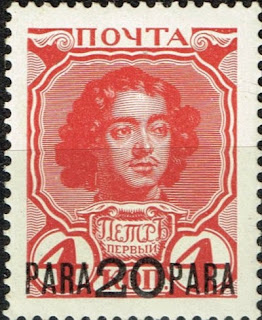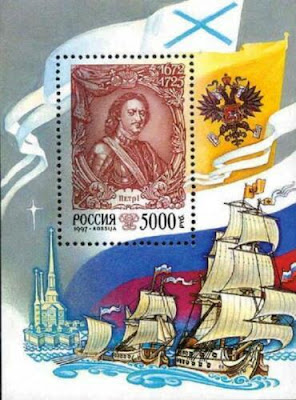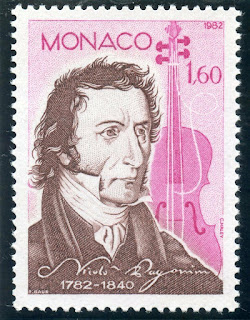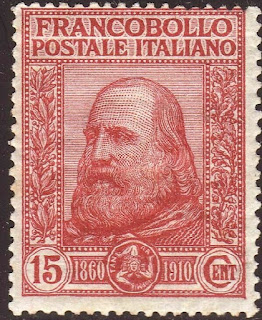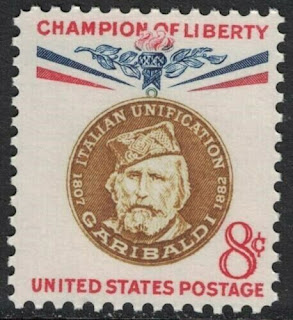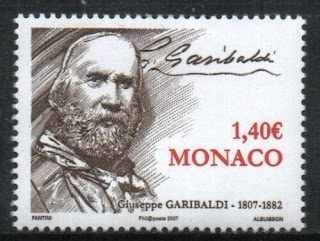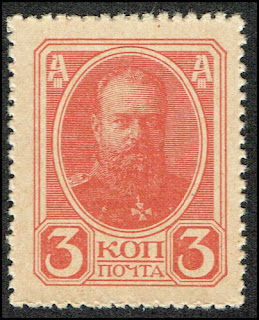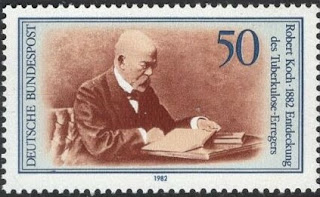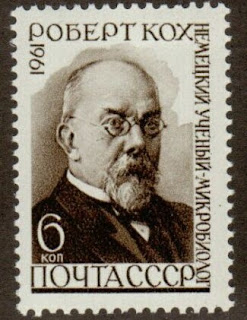Here are some events that happened on May 30th. It could be an event or a person that died or was born on that day
1778 Died: Voltaire, French philosopher and author (b. 1694)
François-Marie Arouet (21 November 1694 – 30 May 1778), known by his nom de plume Voltaire , was a French Enlightenment writer, historian, and philosopher famous for his wit, his criticism of Christianity—especially the Roman Catholic Church—as well as his advocacy of freedom of speech, freedom of religion, and separation of church and state.
Voltaire was a versatile and prolific writer, producing works in almost every literary form, including plays, poems, novels, essays, histories, and scientific expositions. He wrote more than 20,000 letters and 2,000 books and pamphlets. He was one of the first authors to become renowned and commercially successful internationally. He was an outspoken advocate of civil liberties, and he was at constant risk from the strict censorship laws of the Catholic French monarchy. His polemics witheringly satirized intolerance, religious dogma, and the French institutions of his day.
François-Marie Arouet was born in Paris, the youngest of the five children of François Arouet (1649–1722), a lawyer who was a minor treasury official, and his wife, Marie Marguerite Daumard (c. 1660–1701), whose family was on the lowest rank of the French nobility. Some speculation surrounds Voltaire's date of birth, because he claimed he was born on 20 February 1694 as the illegitimate son of a nobleman, Guérin de Rochebrune or Roquebrune. Two of his older brothers—Armand-François and Robert—died in infancy, and his surviving brother Armand and sister Marguerite-Catherine were nine and seven years older, respectively. Nicknamed "Zozo" by his family, Voltaire was baptized on 22 November 1694, with François de Castagnère, abbé de Châteauneuf, and Marie Daumard, the wife of his mother's cousin, standing as godparents. He was educated by the Jesuits at the Collège Louis-le-Grand (1704–1711), where he was taught Latin, theology, and rhetoric; later in life he became fluent in Italian, Spanish, and English.
By the time he left school, Voltaire had decided he wanted to be a writer, against the wishes of his father, who wanted him to become a lawyer. Voltaire, pretending to work in Paris as an assistant to a notary, spent much of his time writing poetry. When his father found out, he sent Voltaire to study law, this time in Caen, Normandy. But the young man continued to write, producing essays and historical studies. Voltaire's wit made him popular among some of the aristocratic families with whom he mixed. In 1713, his father obtained a job for him as a secretary to the new French ambassador in the Netherlands, the marquis de Châteauneuf, the brother of Voltaire's godfather. At The Hague, Voltaire fell in love with a French Protestant refugee named Catherine Olympe Dunoyer (known as 'Pimpette'). Their affair, considered scandalous, was discovered by de Châteauneuf and Voltaire was forced to return to France by the end of the year.
Voltaire was imprisoned in the Bastille from 16 May 1717 to 15 April 1718 in a windowless cell with ten-foot-thick walls.
Most of Voltaire's early life revolved around Paris. From early on, Voltaire had trouble with the authorities for critiques of the government. As a result, he was twice sentenced to prison and once to temporary exile to England. One satirical verse, in which Voltaire accused the Régent of incest with his daughter, resulted in an eleven-month imprisonment in the Bastille. The Comédie-Française had agreed in January 1717 to stage his debut play, Œdipe, and it opened in mid-November 1718, seven months after his release. Its immediate critical and financial success established his reputation. Both the Régent and King George I of Great Britain presented Voltaire with medals as a mark of their appreciation.
He mainly argued for religious tolerance and freedom of thought. He campaigned to eradicate priestly and aristo-monarchical authority, and supported a constitutional monarchy that protects people's rights.
Voltaire's best-known histories are History of Charles XII (1731), The Age of Louis XIV (1751), and his Essay on the Customs and the Spirit of the Nations (1756). He broke from the tradition of narrating diplomatic and military events, and emphasized customs, social history and achievements in the arts and sciences. The Essay on Customs traced the progress of world civilization in a universal context, rejecting both nationalism and the traditional Christian frame of reference. Influenced by Bossuet's Discourse on Universal History (1682), he was the first scholar to attempt seriously a history of the world, eliminating theological frameworks, and emphasizing economics, culture and political history. He treated Europe as a whole rather than a collection of nations. He was the first to emphasize the debt of medieval culture to Middle Eastern civilization, but otherwise was weak on the Middle Ages. Although he repeatedly warned against political bias on the part of the historian, he did not miss many opportunities to expose the intolerance and frauds of the church over the ages. Voltaire advised scholars that anything contradicting the normal course of nature was not to be believed. Although he found evil in the historical record, he fervently believed reason and expanding literacy would lead to progress.
Voltaire explains his view of historiography in his article on "History" in Diderot's Encyclopédie: "One demands of modern historians more details, better ascertained facts, precise dates, more attention to customs, laws, mores, commerce, finance, agriculture, population." Voltaire's histories imposed the values of the Enlightenment on the past, but at the same time he helped free historiography from antiquarianism, Eurocentrism, religious intolerance and a concentration on great men, diplomacy, and warfare. Yale professor Peter Gay says Voltaire wrote "very good history", citing his "scrupulous concern for truths", "careful sifting of evidence", "intelligent selection of what is important", "keen sense of drama", and "grasp of the fact that a whole civilization is a unit of study"
From an early age, Voltaire displayed a talent for writing verse, and his first published work was poetry. He wrote two book-long epic poems, including the first ever written in French, the Henriade, and later, The Maid of Orleans, besides many other smaller pieces.
The Henriade was written in imitation of Virgil, using the alexandrine couplet reformed and rendered monotonous for modern readers but it was a huge success in the 18th and early 19th century, with sixty-five editions and translations into several languages. The epic poem transformed French King Henry IV into a national hero for his attempts at instituting tolerance with his Edict of Nantes. La Pucelle, on the other hand, is a burlesque on the legend of Joan of Arc.
French stamps depicting Voltaire
1806 – Future U.S. President Andrew Jackson kills Charles Dickinson in a duel.
Andrew Jackson (March 15, 1767 – June 8, 1845) was an American soldier and statesman who served as the seventh president of the United States from 1829 to 1837. Before being elected to the presidency, Jackson gained fame as a general in the United States Army and served in both houses of the U.S. Congress. As president, Jackson sought to advance the rights of the "common man" against a "corrupt aristocracy" and to preserve the Union.
Born in the colonial Carolinas to a Scotch-Irish family in the decade before the American Revolutionary War, Jackson became a frontier lawyer and married Rachel Donelson Robards. He served briefly in the United States House of Representatives and the United States Senate, representing Tennessee. After resigning, he served as a justice on the Tennessee Supreme Court from 1798 until 1804. Jackson purchased a property later known as The Hermitage, and became a wealthy, slaveowning planter. In 1801, he was appointed colonel of the Tennessee militia and was elected its commander the following year. He led troops during the Creek War of 1813–1814, winning the Battle of Horseshoe Bend. The subsequent Treaty of Fort Jackson required the Creek surrender of vast lands in present-day Alabama and Georgia. In the concurrent war against the British, Jackson's victory in 1815 at the Battle of New Orleans made him a national hero. Jackson then led U.S. forces in the First Seminole War, which led to the annexation of Florida from Spain. Jackson briefly served as Florida's first territorial governor before returning to the Senate. He ran for president in 1824, winning a plurality of the popular and electoral vote. As no candidate won an electoral majority, the House of Representatives elected John Quincy Adams in a contingent election. In reaction to the alleged "corrupt bargain" between Adams and Henry Clay and the ambitious agenda of President Adams, Jackson's supporters founded the Democratic Party.
Jackson ran again in 1828, defeating Adams in a landslide. Jackson faced the threat of secession by South Carolina over what opponents called the "Tariff of Abominations." The crisis was defused when the tariff was amended, and Jackson threatened the use of military force if South Carolina attempted to secede. In Congress, Henry Clay led the effort to reauthorize the Second Bank of the United States. Jackson, regarding the Bank as a corrupt institution, vetoed the renewal of its charter. After a lengthy struggle, Jackson and his allies thoroughly dismantled the Bank. In 1835, Jackson became the only president to completely pay off the national debt, fulfilling a longtime goal. His presidency marked the beginning of the ascendancy of the party "spoils system" in American politics. In 1830, Jackson signed the Indian Removal Act, which forcibly relocated most members of the Native American tribes in the South to Indian Territory. The relocation process dispossessed the Indians and resulted in widespread death and disease. Jackson opposed the abolitionist movement, which grew stronger in his second term. In foreign affairs, Jackson's administration concluded a "most favored nation" treaty with Great Britain, settled claims of damages against France from the Napoleonic Wars, and recognized the Republic of Texas. In January 1835, he survived the first assassination attempt on a sitting president.
In his retirement, Jackson remained active in Democratic Party politics, supporting the presidencies of Martin Van Buren and James K. Polk. Though fearful of its effects on the slavery debate, Jackson advocated the annexation of Texas, which was accomplished shortly before his death. Jackson has been widely revered in the United States as an advocate for democracy and the common man. Many of his actions proved divisive, garnering both fervent support and strong opposition from many in the country. His reputation has suffered since the 1970s, largely due to his role in Native American removal. Surveys of historians and scholars have ranked Jackson favorably among U.S. presidents.
US Stamps depicting Andrew Jackson
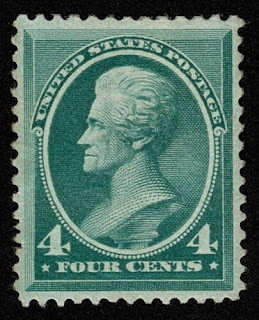
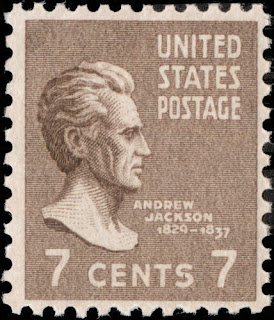

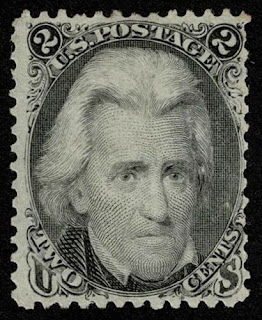
1912 Died: Wilbur Wright, American pilot and businessman, co-founded the Wright Company (b. 1867)
The Wright brothers—Orville (August 19, 1871 – January 30, 1948) and Wilbur (April 16, 1867 – May 30, 1912)—were two American aviation pioneers generally credited with inventing, building, and flying the world's first successful motor-operated airplane. They made the first controlled, sustained flight of a powered, heavier-than-air aircraft with the Wright Flyer on December 17, 1903, 4 mi (6 km) south of Kitty Hawk, North Carolina. In 1904–05, the brothers developed their flying machine to make longer-running and more aerodynamic flights with the Wright Flyer II, followed by the first truly practical fixed-wing aircraft, the Wright Flyer III. The Wright brothers were also the first to invent aircraft controls that made fixed-wing powered flight possible.
The brothers' breakthrough was their creation of a three-axis control system, which enabled the pilot to steer the aircraft effectively and to maintain its equilibrium. This method remains standard on fixed-wing aircraft of all kinds. From the beginning of their aeronautical work, the Wright brothers focused on developing a reliable method of pilot control as the key to solving "the flying problem". This approach differed significantly from other experimenters of the time who put more emphasis on developing powerful engines. Using a small home-built wind tunnel, the Wrights also collected more accurate data than any before, enabling them to design more efficient wings and propellers. Their first U.S. patent did not claim invention of a flying machine, but a system of aerodynamic control that manipulated a flying machine's surfaces.
The brothers gained the mechanical skills essential to their success by working for years in their Dayton, Ohio-based shop with printing presses, bicycles, motors, and other machinery. Their work with bicycles, in particular, influenced their belief that an unstable vehicle such as a flying machine could be controlled and balanced with practice. From 1900 until their first powered flights in late 1903, they conducted extensive glider tests that also developed their skills as pilots. Their shop employee Charlie Taylor became an important part of the team, building their first airplane engine in close collaboration with the brothers.
The Wright brothers' status as inventors of the airplane has been subject to counter-claims by various parties. Much controversy persists over the many competing claims of early aviators. Edward Roach, historian for the Dayton Aviation Heritage National Historical Park, argues that they were excellent self-taught engineers who could run a small company, but they did not have the business skills or temperament to dominate the growing aviation industry.
US stamps depicting the Wright brothers
